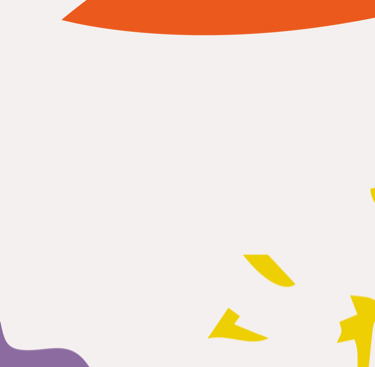
Black History Month blog: And Still I Rise
Black History Month blog: And Still I Rise
One WIP staff member blogs about her own experience as a Black woman and how this helps her support the women she works with.Content warning for domestic abuse and violence.
This Black History Month’s theme is proud to be. I am proud to be a Black woman, to have gone through all the adversities and obstacles that I have and I am proud to now be working with women to support them overcome many of the same issues I struggled with. I am also proud that I have done so many really weird and wonderful things that I wouldn’t think many worlds ago I would have been able to do, like speaking on television about my experience, gaining a degree and sky diving to raise £1400 for a Black mental health project.
I have experience of mental ill-health and experienced domestic abuse for over three decades. I met my ex-husband when I was 23. I had no idea about his history of violence and we were married within nine months of meeting. Almost immediately the abuse began. He was from Jamaica and started having immigration problems which he blamed me for. It began as psychological abuse but then became physical as well. I once spent two days in hospital having my jaw rewired. My friends told me to leave him, but I couldn’t as I was worried, he would turn up at my workplace. He was very intimidating. I stayed with him until I was 35. When he pulled a knife on me while I was with my daughter, I knew I had to leave. However, when I left, I was housed away from my area and was isolated away from my family. I was a single mum, still recovering from my abusive marriage but I was just so focused on my safety I couldn't tackle my PTSD and anxiety. It was only three to four years later I began unpacking that.
"To be a Black woman working with women in the criminal justice system is rewarding."
In the same way, the women I work with are also in such difficult circumstances, they sometimes can only focus on the immediate. Many have experienced the same issues as me, with 79% of the women who access our services experiencing domestic violence and/or sexual abuse. The circumstances that I was in are some of the main reasons women get swept up into crime, with more than seven in 10 women in prison experiencing mental ill-health.
In my role at Women in Prison, I now help women navigate domestic abuse, mental ill-health and insecure housing, and to be a Black woman working with women in the criminal justice system is rewarding. For example, one woman I was working with was clearly so happy to be supported by a Black woman. She asked if I was Black and was much more able to engage with me on the phone once she found out I was. I can’t speak for anyone else, but I can relate to that in my own therapy; I found working with a Black woman especially helpful as she could culturally identify with me.
There are too many people suffering in silence in the Black community, whether that’s through domestic abuse or mental ill-health. We don’t talk enough about these issues in the Caribbean community which I am a part of. In the past, there has been a mindset around domestic abuse that "you deserved it” or “he loves you that's why he is abusing you”. Culturally, many people also think you’re not supposed to speak about your business, which includes issues you are struggling with.
"I don’t remember studying Black history at school and no one discussed mental health, which made it difficult to make sense of my trauma when there was no role model."
There is a lot of stigma around what you look like in the Caribbean community when you have a mental health condition. A lot of people are very shocked when they found out I have struggled as they expect a stereotype of someone displaying signs of distress, such as rocking back and forth. The signs are not always obvious and as communities, we need to be more open and make it easier to speak about mental health. Everyone is going through some challenges in life and in our communities we can and must speak more about how to support each other.
I want to use the power of sharing my story to empower other Black people to understand our history in terms of mental health. I don’t remember studying Black history at school and no one discussed mental health, which made it difficult to make sense of my trauma when there was no role model.
We need to understand how our history can impact the future. We need a cultural and attitude shift to end stigma and unhelpful stereotypes. I do this by talking to my grandson about physical actions, emotional health and I am keen for him to learn about trauma. The key to changing the future is education, building relationships and psychological safety from when we’re young.